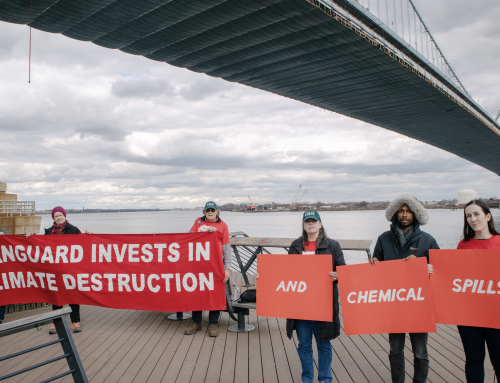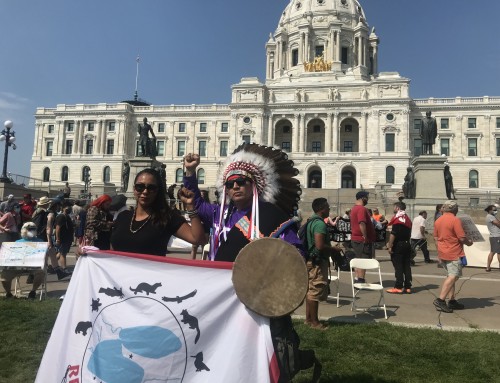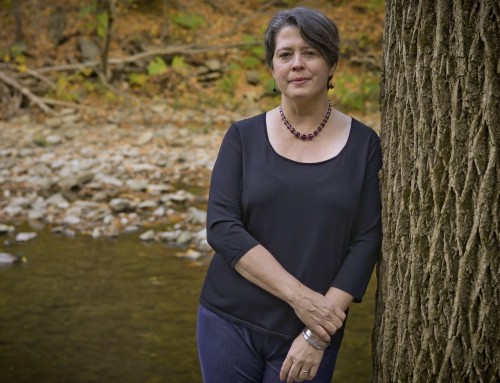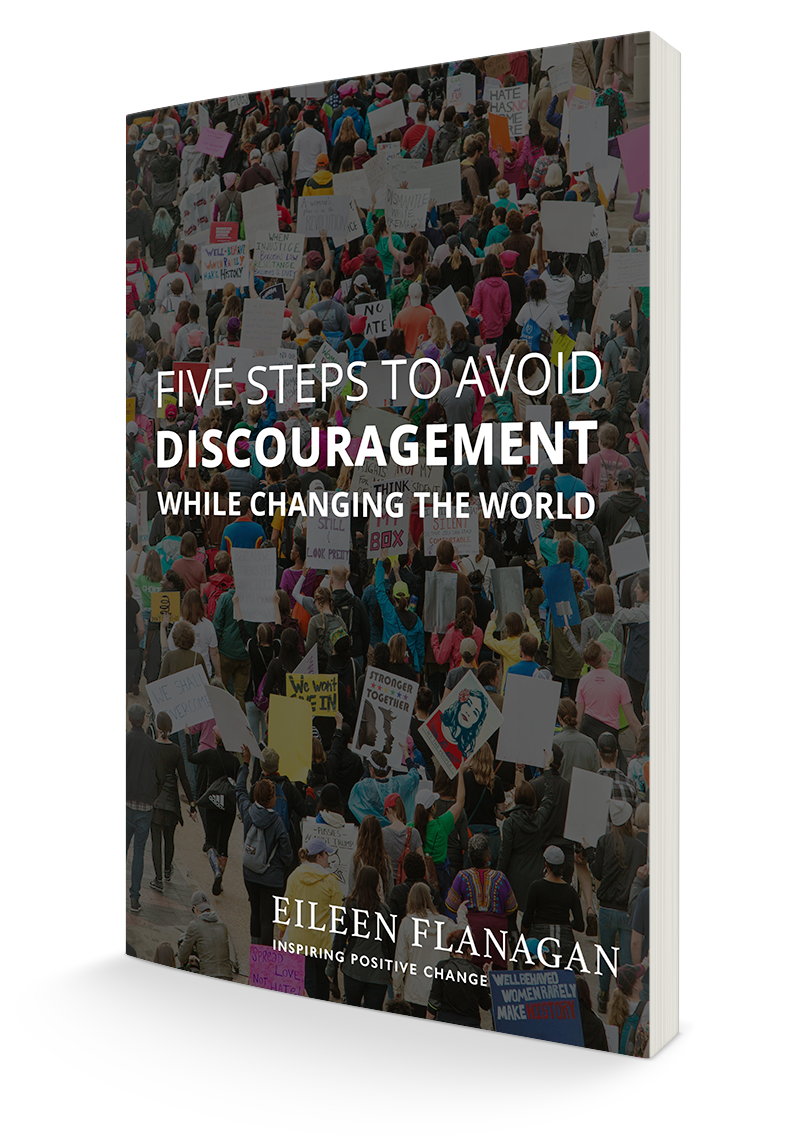Yesterday, after running into a woman whose husband is in remission from brain cancer, I realized how many reminders I’ve been getting lately of life’s fragility. A member of our meeting has entered hospice after many months of treatment for brain cancer. Another member’s ALS has progressed to the point where, for the first time on Sunday, I couldn’t understand something she said. A good friend, who is my age, just got diagnosed with breast cancer (which is mercifully easier to treat than ALS or brain cancer), and the father of one of my son’s classmates died suddenly of a heart attack on Monday. Another friend’s father-in-law also died this week, all of which prompted me to remember to include our health in the things we thank God for at prayer-time each night.
An awareness of life’s fragility can make us fearful and paranoid (When am I due for a mammogram?), but it can also prompt us to appreciate the present. The meeting member with brain cancer continually posts things on the Internet about trusting God and experiencing peace. The member with ALS made us all get up and dance in our places after worship on Sunday in order to advertise the Brazilian dance party she will be leading from her wheelchair next month. I suspect I’m not the only one who has been moved by these two members’ example.
I finally got through most of The Science of Fear, which I mentioned a few posts ago. It is really a well-written, thought-provoking book. While there were many parts that confirmed things I already believed—(George Bush manipulated people’s fear to lead us into a war that’s not making us safer.)—there were other parts that challenged my beliefs, particularly the author’s assertion that environmentalists manipulate statistics and fear just as much as other groups. He put my fear that my children are being exposed to all kinds of toxic chemicals into the context of childhood mortality rates before we had chlorine in the water, arguing his conclusion that “There’s Never Been a Better Time to Be Alive” in terms of actual risk. Although he may err on the side of underestimating the threat of climate change, he offers a helpful perspective, when so much media is designed to prey on parental insecurity. I found the book just one more reminder that I don’t want to live in fear or encourage the fears of others, despite the real and constant fragility of life.
So on Saturday, I’m planning to drive my Toyota, full of children, in a snow storm, to take my first snowboarding lesson at age 47. Do I trust God, or what?






Leave A Comment